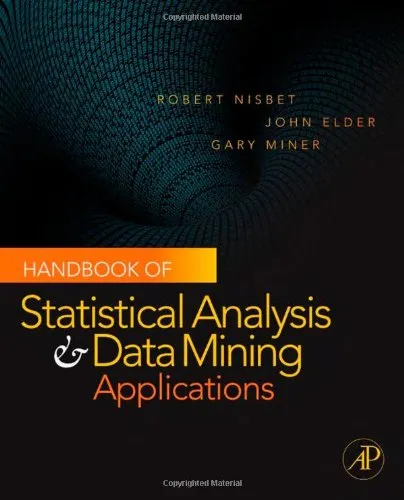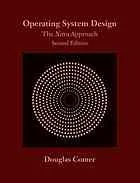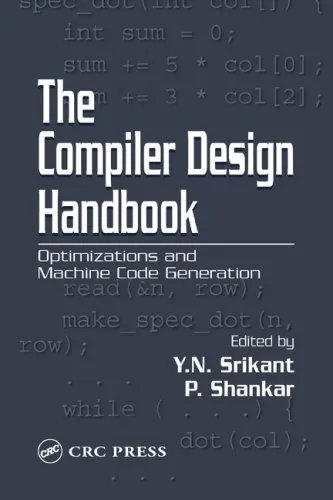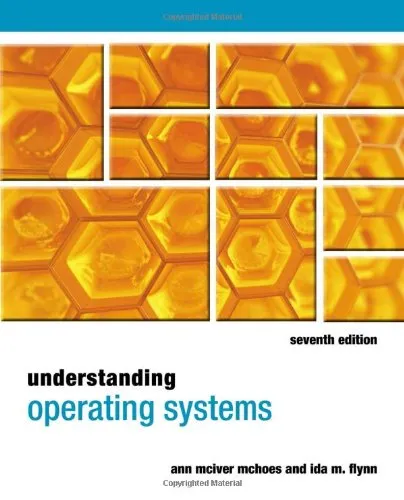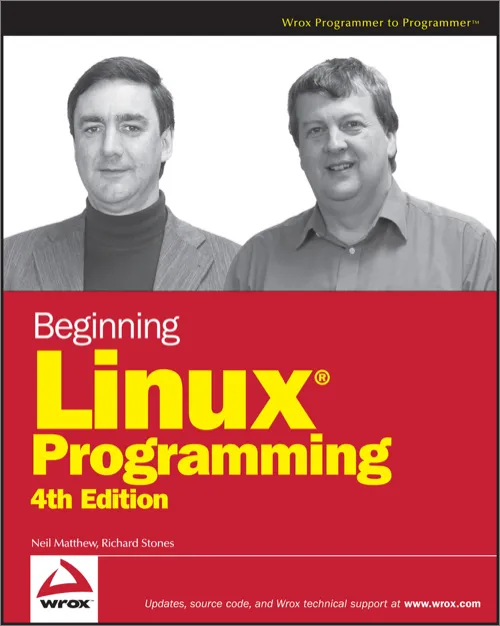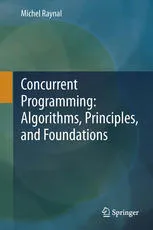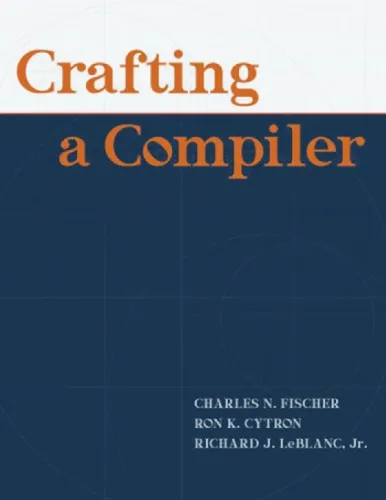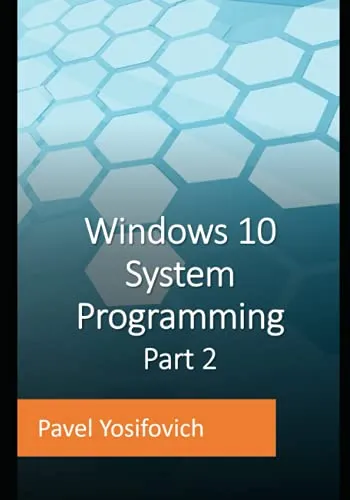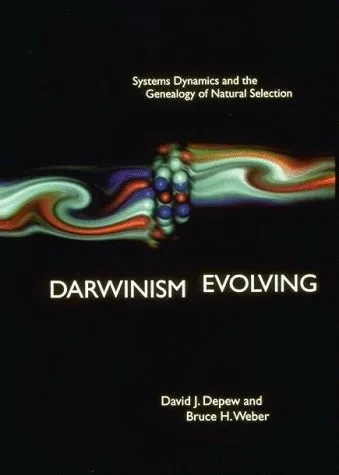Compilers Principles Techniques And Tools
4.0
Reviews from our users

You Can Ask your questions from this book's AI after Login
Each download or ask from book AI costs 2 points. To earn more free points, please visit the Points Guide Page and complete some valuable actions.Related Refrences:
Introduction to Compilers: Principles, Techniques, and Tools
Commonly known as the "Dragon Book" in programming circles, "Compilers: Principles, Techniques, and Tools" by Alfred V. Aho, Ravi Sethi, and Jeffrey D. Ullman is a cornerstone text that has educated a countless number of students, computer scientists, and programmers about the complex yet fascinating world of compilers. The book serves as a comprehensive guide to understanding how compilers work, offering in-depth coverage of both theoretical and practical aspects of compiler construction. Since its first edition in 1986 and subsequent editions, including one of the most widely referenced versions published in 2006, this book continues to set the bar for compiler instruction. It delves into the heart of algorithms and data structures, parsing, syntax-directed translation, runtime environments, and code generation and optimization. Readers are not only introduced to the theoretical underpinnings of compilers but are also provided with practical insight into implementing various components of a compiler.
Detailed Summary of the Book
The "Dragon Book" is divided into sections that sequentially cover all the fundamental aspects of compiler design. The initial chapters provide a robust understanding of the principles behind compilers, including lexical analysis, syntactic analysis, and semantic analysis. These foundational topics gradually build into more advanced areas such as intermediate code generation, machine code generation, and code optimization techniques. Crucially, the text emphasizes the importance of algorithms, often providing detailed explanations and examples of how algorithms are employed in the production of efficient and effective compilers. The book strikes a balance between theoretical rigor and practical application, ensuring readers understand not just 'how' compilers are built but also 'why' each step is necessary. Additionally, it features diagrams, examples, and exercises that aid in the practical understanding of compiler mechanisms. This careful blending of theory with practice makes it an invaluable resource for computer science students and professionals pursuing a deeper grasp of compilers.
Key Takeaways
- Understand the phases of compilation, from lexical analysis to code generation and optimization.
- Learn about automata theory, formal grammars, and various parsing techniques.
- Gain insights into syntax-directed translation and the transformation of parse trees into intermediate forms.
- Explore in-depth code optimization strategies and transformation techniques to enhance performance.
- Build a solid foundation of algorithms used in the design and implementation of compilers.
Famous Quotes from the Book
"In a very real sense, the compiler is the interface between the programmer and the machine."
"Our major theme is the design of algorithms and data structures, several of which are important not just for compiling."
Why This Book Matters
"Compilers: Principles, Techniques, and Tools" is more than just a textbook; it is a seminal work that has shaped the teaching and understanding of computer science. It has guided generations of students and professionals, equipping them with the skills to design compilers and understand the intricacies of programming language implementation. Its detailed approach to explaining both the theoretical and practical aspects of compiler design makes it indispensable in academia and industry alike. The importance of this book extends beyond its content; it inspires a deeper appreciation for the art of compiler construction and programming languages. For anyone aiming to delve into computer science or software development, mastering the concepts outlined in this book is invaluable, as it lays the critical groundwork for innovation and advancement in technology.
Free Direct Download
You Can Download this book after Login
Accessing books through legal platforms and public libraries not only supports the rights of authors and publishers but also contributes to the sustainability of reading culture. Before downloading, please take a moment to consider these options.
Find this book on other platforms:
WorldCat helps you find books in libraries worldwide.
See ratings, reviews, and discussions on Goodreads.
Find and buy rare or used books on AbeBooks.
1594
بازدید4.0
امتیاز0
نظر98%
رضایتReviews:
4.0
Based on 0 users review
Questions & Answers
Ask questions about this book or help others by answering
No questions yet. Be the first to ask!


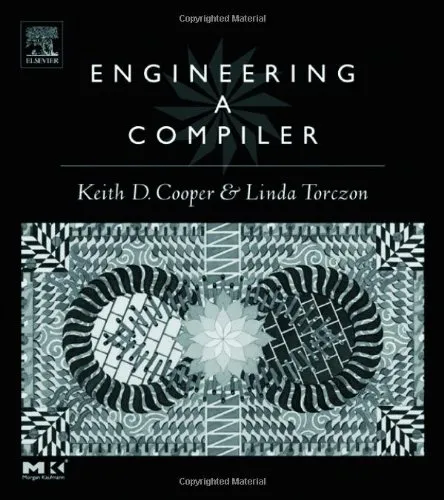
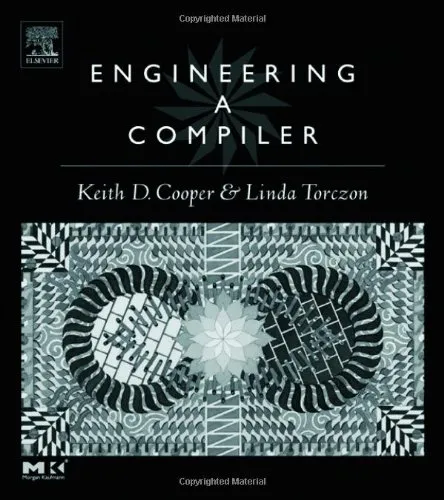
![Engineering a Compiler, Second Edition [2nd Ed] (Instructor's Edu Resource 1 of 2, Solution Manual) (Solutions)](https://s3.refhub.ir/images/thumb/Engineering_a_Compiler__Second_Edition__2nd_E_2258.webp)
